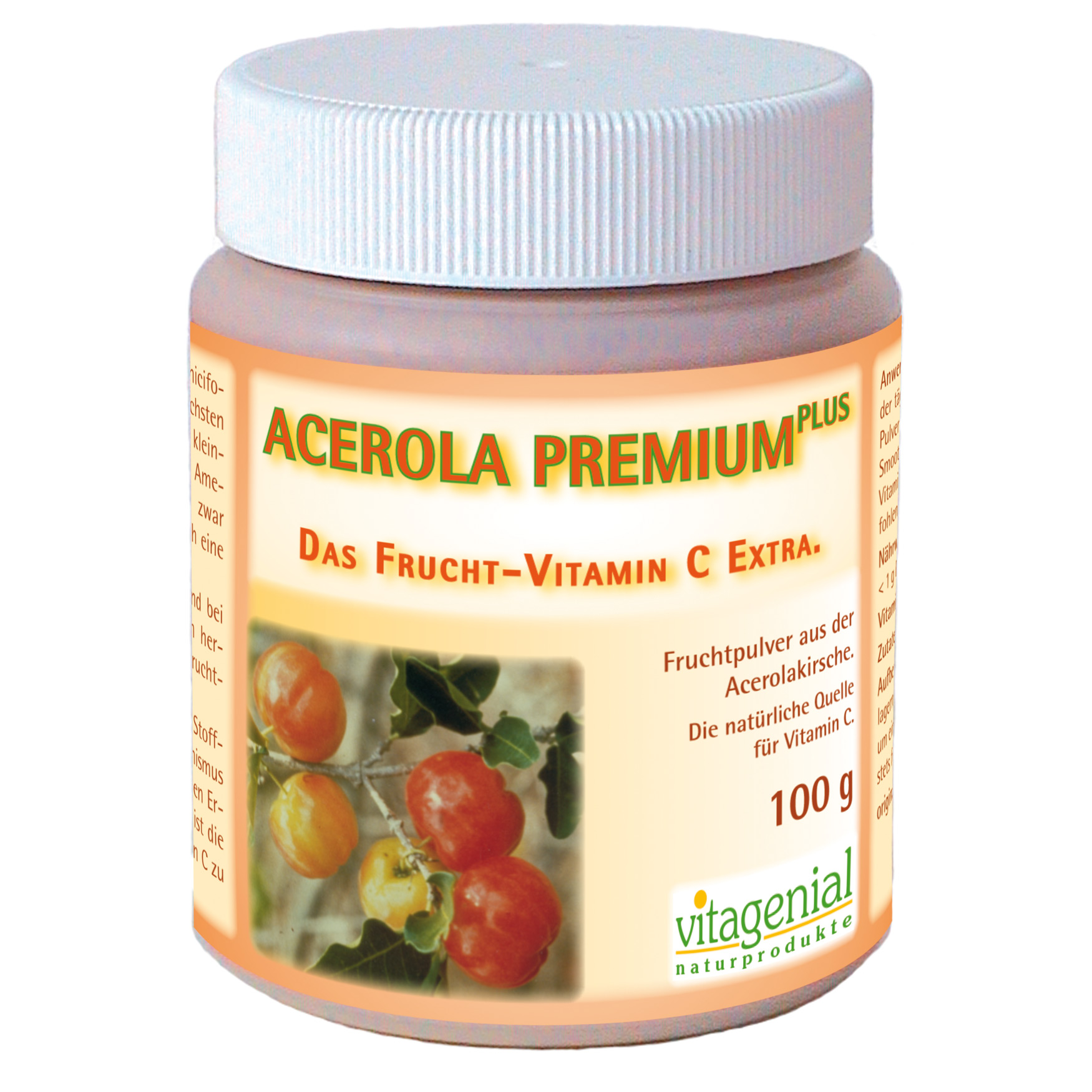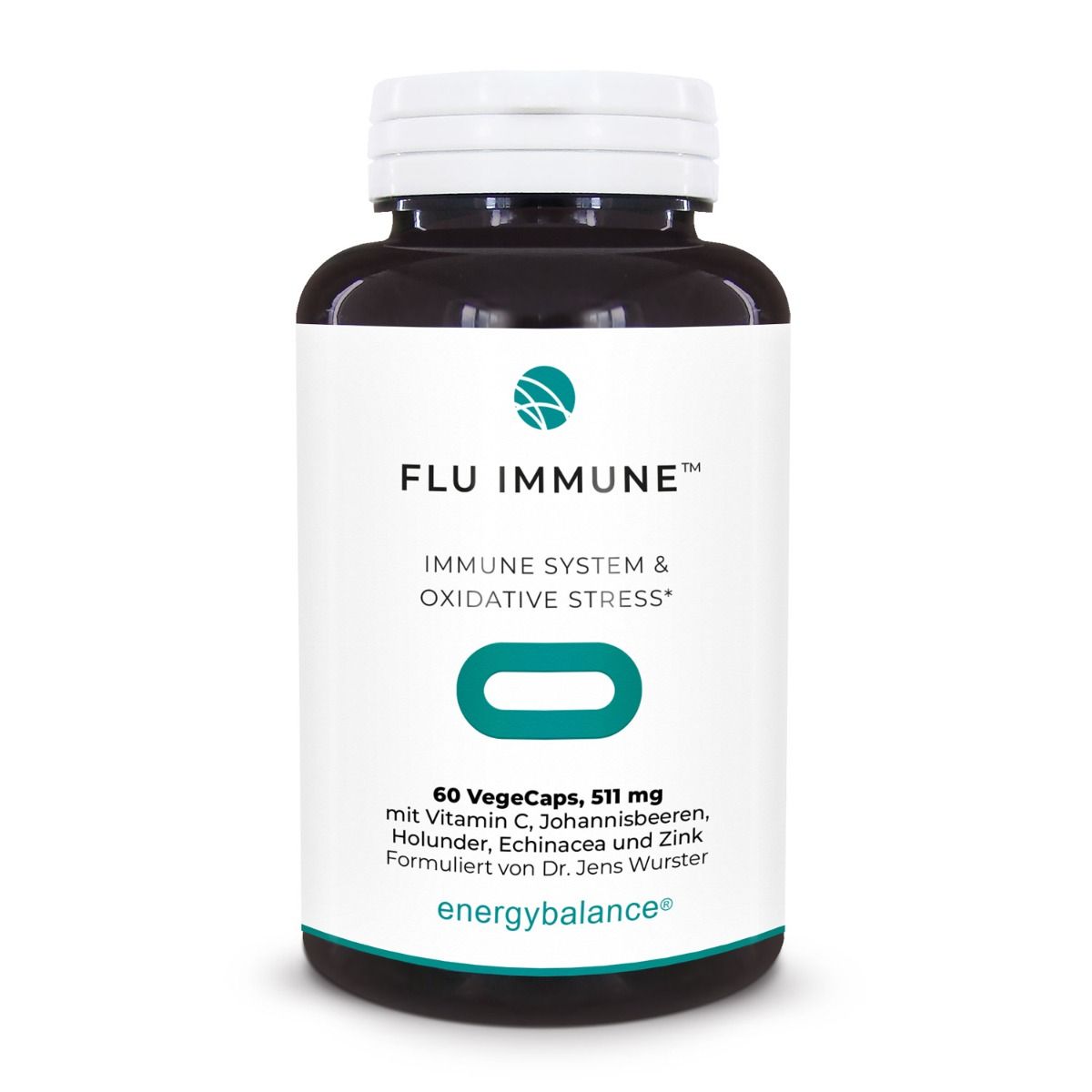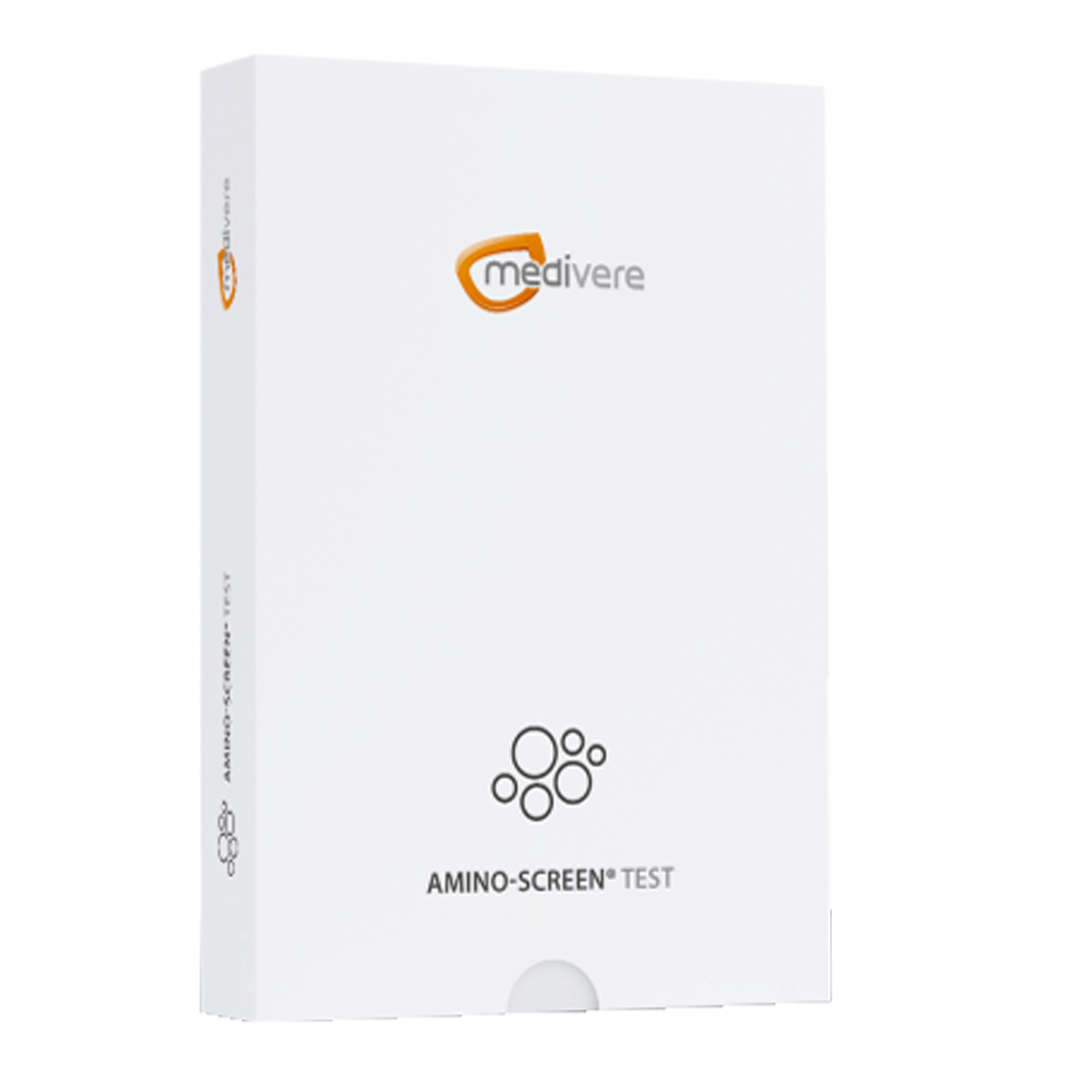Naturally through the allergy season - Simple tips for your everyday life in the pollen season
Valuable tips for the pollen season. This is how you can let yourself be accompanied naturally during the allergy season.


B.A. Sporttherapie und Prävention
The sun is shining - finally. Summer is here and we want to spend all our time outdoors. For some people, however, this very stay becomes a real ordeal. The air is teeming with pollen, leaving sufferers with runny noses, swollen eyes and physical exhaustion.
Pollen allergy occurs when a person's immune system reacts hypersensitively to certain pollens. The body mistakenly recognises the pollen as a threat and starts an allergic reaction. This leads to symptoms such as sneezing, itchy eyes, nasal congestion and breathing difficulties. The exact reasons why some people are susceptible to pollen allergies are not yet fully understood, but it is thought that both genetic and environmental factors play a role. To naturally support the body during this stressful phase, we would like to give you some tips in this blog post
Strengthen the immune system
Since allergy is an exaggerated immune reaction, it helps enormously to have a strengthened immune system, which reduces the effect of the allergy. You can lay the foundation for this with enough sleep, rest, a healthy diet and regular exercise. Nutrients such as vitamin C can also support the normal function of your immune system and should definitely be included in your diet.
Consume histamine-modulating nutrients
What is histamine? Histamine is a natural substance that occurs in the body and plays an important role in allergic reactions. It is produced and stored in special cells of the immune system called mast cells and in certain nerve cells. Histamine is released when the body reacts to an allergic stimulus, such as pollen, animal hair or certain foods. It binds to specific receptors in tissues such as the skin, respiratory tract and mucous membranes and triggers an inflammatory response. There are certain nutrients that can help block the action of histamine in the body or regulate histamine levels e.g. quercetin. Quercetin is a flavonoid that occurs naturally in many fruits and vegetables. It has the ability to inhibit the release of histamine from mast cells. Foods like onions, apples, berries, cabbage and green tea contain quercetin.
Make sure you have healthy intestinal flora
A healthy gut flora, also known as microbiota, plays a significant role in regulating the immune system and can have an impact on allergic reactions. The gut harbours a diverse community of microorganisms, such as bacteria and fungi, which together make up the gut flora. These microorganisms interact closely with the immune system and the intestinal barrier. To keep your gut flora healthy naturally, you can do the following: eat a high-fibre diet with fruits, vegetables, whole grains, legumes and nuts. Consume probiotic foods such as yoghurt, sauerkraut and kefir regularly. Drink enough water to aid digestion. Reduce sugary and highly processed foods. Know your allergens and try to avoid them. Knowing your allergens is the basis for dealing with them. You can check what your body reacts to by taking an allergy test (e.g. Medivere Allergy Test). Based on this, you can try to avoid the allergens, e.g. specific pollens.
You can find precise forecasts about the expected pollen count and valuable tips on this website, for example.
The app Allergy plus, which is based on this, provides real-time data about the current pollen count and helps you to stay up-to-date about which pollen is currently in the air.
Allergy season can be a real challenge for you and your body. By consciously supplying your body with important nutrients and adapting your behaviour, you can support yourself during this time. In acute cases and if your everyday life is significantly affected, we naturally recommend that you consult a specialist.
Related products
Content: 0.039 Kilogramm (€1,012.82* / 1 Kilogramm)
-
From 1€43.90*€1,125.64* / 1 Kilogramm
-
From 2€41.70*€1,069.23* / 1 Kilogramm
-
From 5€39.50*€1,012.82* / 1 Kilogramm



